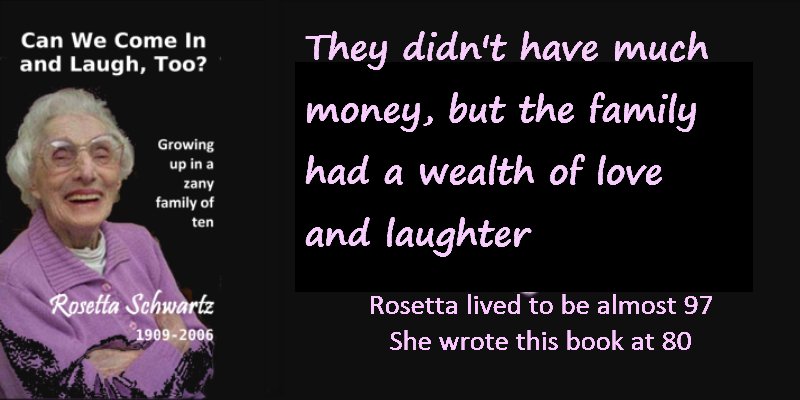 |
| Camp Ojibwa Meyer, his wife Bea, Al, Sam, Matilda, Jean and Edna |
It is amazing how well-known it became and how many celebrities acknowledged it. Even the Alan Sherman song, "Camp Granada" was inspired by Al's camp. You see, Sherman was one of his counselors, but how do you rhyme with Ojibwa?
At one time baseball's famous Leo Durocher left a game to spend two days at the camp, but the Chicago Tribune found out and did a cartoon with him wearing a Camp Ojibwa tee-shirt.
Here is a post about it from www.funtrivia.com
Leo called Jack Brickhouse a mental midget on the "Tenth Inning" show Leo left a game and went up to Camp Ojibwa Leo punched home plate umpire Harry Wendelstedt while arguing balls and strikes Leo won his 1000th career game as a manager |
Rosetta's daughter Phyllice lived in Alaska many years, and lo and behold she mentioned Camp Ojibwa to a friend in Juneau and it turned out he was a former camper. As for me, one of my ex-husband's business associates had an uncle who was an original investor in the camp. What a small world.
If the name Camp Ojibwa sounds familiar, please post a comment. Rosetta and her brother Al were very close and he watched out for his "little sister" her entire life. Here is an excerpt from Can We Come In and Laugh, Too? where Rosetta introduces her brother Al. This section in the book tells the story of how the camp came to be.
~Morgan St. James, Rosetta's daughter
EXCERPT:
Al was the most successful of my brothers. Still in his early teens, he was too young to enlist in World War I, but heard that a person could make lots of money by working in the shipyards and help the war effort at the same time. He traveled to Detroit by himself and got a job in the shipyards there. It was true. By the time he was ready to come back to Chicago, he had saved up a few thousand dollars which was a fortune in those days.
He returned home and told my parents to ask for anything they wanted. As it turned out, the only thing they wanted was a pair of tickets to the Jewish synagogue for the High Holy Days. With the money that was left, he bought a horse and cart and launched his first business—delivering ice for iceboxes. We didn’t have electric refrigerators back then. Big cakes of ice were placed in heavily insulated ice boxes to keep our food from spoiling.
My brother said that he learned at a very young age what he had a talent for—making money.
As I say in my main story, the business he loved the most was owning a boys’ camp. He opened Camp Ojibwa in Eagle River, Wisconsin in 1928 and it became famous worldwide. For the rest of his life wherever he went it seemed someone recognized Al. Even in Europe.
The book is available in paperback and Kindle. Get your own copy for inspiration and laughs.


No comments:
Post a Comment